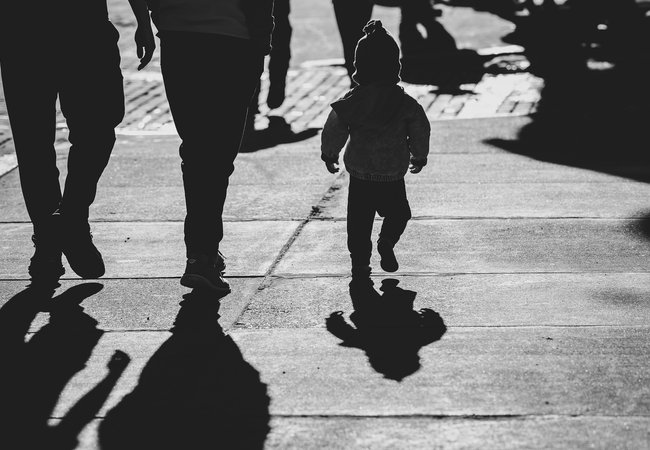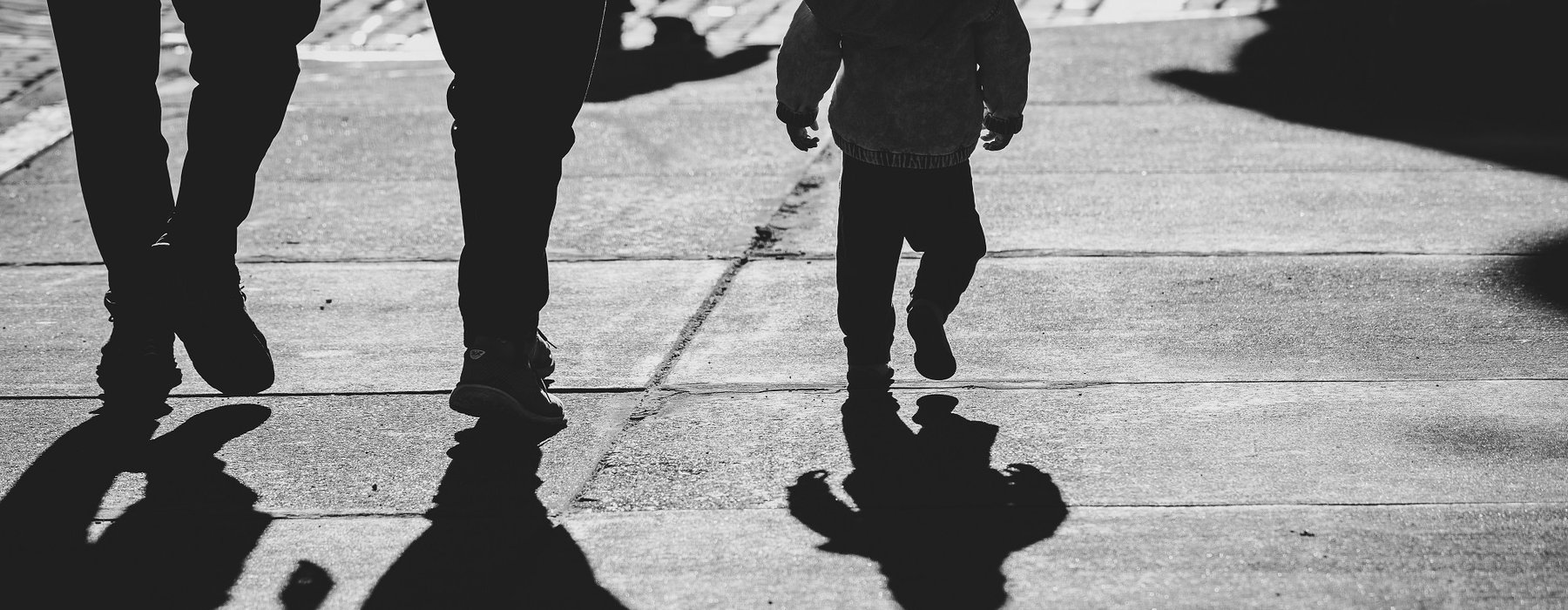The data confirms that, despite a 4% fall year-on-year, the injustice of poverty remains a daily reality for far too many families, with more than 1 in 5 (22%) children in Scotland still living below the breadline.
And worryingly, there’s been a sharp rise in children living in ‘persistent’ poverty - those growing up in hardship year after year, with no sign of things getting better – up to 23% from 17% between 2019 and 2023 - and hugely above the target of 8% in 2023-24
While the UK and Scottish Governments claim they’re strongly committed to tackling child poverty, Oxfam says children are paying the price for ‘collective political negligence’. It points to insufficient action to cut housing costs, boost incomes from work and social security, as well as a lack of investment in poverty-busting public services, like childcare.
Campaigners say the fall in relative child poverty in Scotland reinforces the crucial importance of the additional support available to low-income families in Scotland through the Scottish Child Payment. But they say the entitlement and other key poverty reduction measures have been starved of sufficient investment to ensure the interim target was met.
Oxfam Scotland says that the legal target of fewer than 1 in 10 children living in poverty by 2030 can still be achieved, but only with sustained, significant new investment. They say this requires much greater political courage at UK and Scotland levels to fairly tax the better off.
Lewis Ryder-Jones, Oxfam Scotland Advocacy Adviser, said: “While fewer children living in poverty is obviously good news, missing this key target is a national embarrassment for a country as wealthy as Scotland and the stark consequence of collective political negligence. Poverty is a political choice, and our political leaders need to ask themselves: why are children trapped in poverty while the wealthy get ever richer? They insist child poverty is a priority, yet they continue to shield the wealthiest from paying their fair share of tax. That isn’t only unjust, it’s a failure of leadership.”
The latest Scottish poverty figures lay bare the scale of hardship, even before the UK Government’s social security cuts take effect - with 50,000 more children expected to be pushed into poverty in the UK by 2030. Social security levels were already woefully inadequate, yet UK Ministers are choosing to strip away essential support from those who need it most, including disabled people and those with long-term ill health - groups already at greater risk of poverty. Meanwhile, the wealthiest continue to be let off the hook.
Oxfam Scotland, as part of Tax Justice Scotland, is urging the UK and Scottish Governments to use their respective tax powers to fairly raise more money to enable greater investment in key poverty-reducing public services while combatting inequality and rewarding businesses that provide fair and flexible work – including for parents, and particularly women.
Campaigners say political leaders should stop making excuses and adopt a laser-sharp focus on better taxing wealth after new polling from Oxfam Scotland showed that people in Scotland overwhelmingly want to see the very richest pay more in tax.
A UK wealth tax on the richest millionaires and billionaires could raise £24 billion annually, while replacing the outdated Council Tax in Scotland with a fairer tax on property wealth would help ensure those who need support the most aren’t left behind.
A year ago, the Poverty and Inequality Commission warned of “a lack of progress” towards the child poverty targets. It has urged the Scottish Government to “look at fundamentally reformed and better designed taxation policies” to ensure sufficient resources for key measures, like affordable childcare and housing, and improved employability support.
Today’s statistics also confirm that 20% of all people in Scotland were still living in poverty after housing costs in 2021-24, down 1%. Poverty rates continue to be highest for particular groups, such as: black or mixed race people (50%), Asian people (43%); single mothers (30%) and single women (28%) and single men without children (33%).
Lewis Ryder-Jones added: “Poverty isn’t random; it’s relentless for those society sidelines the most. No one’s life chances should be set by their age, race, gender, or disability, yet these statistics show the odds remain stacked against too many. Fair taxes are a powerful tool to right this wrong. Both governments must act now, ensuring the wealthiest chip in a bit more to create a more equal society where everyone has a chance to succeed.”
/ENDS
For more information and interviews, please contact: Rebecca Lozza, Media and Communications Adviser, Oxfam Scotland: rlozza1@oxfam.org.uk / 07917738450
Notes to Editors


